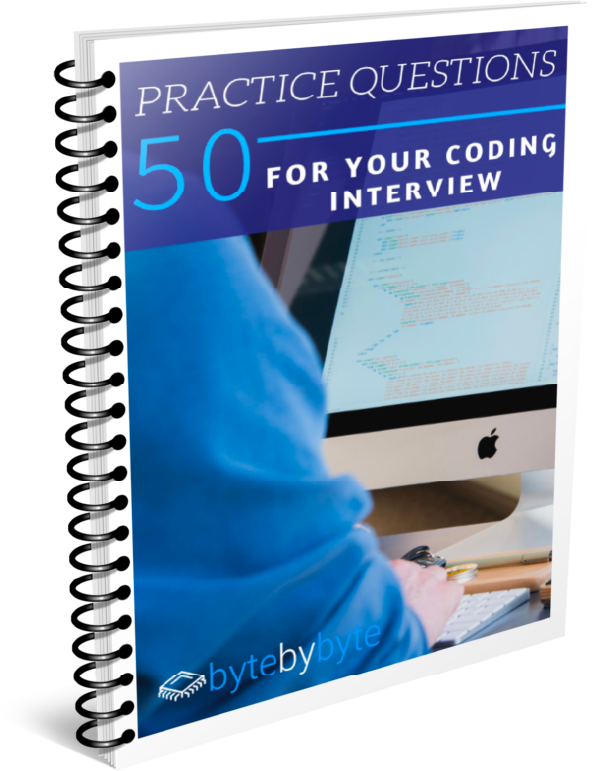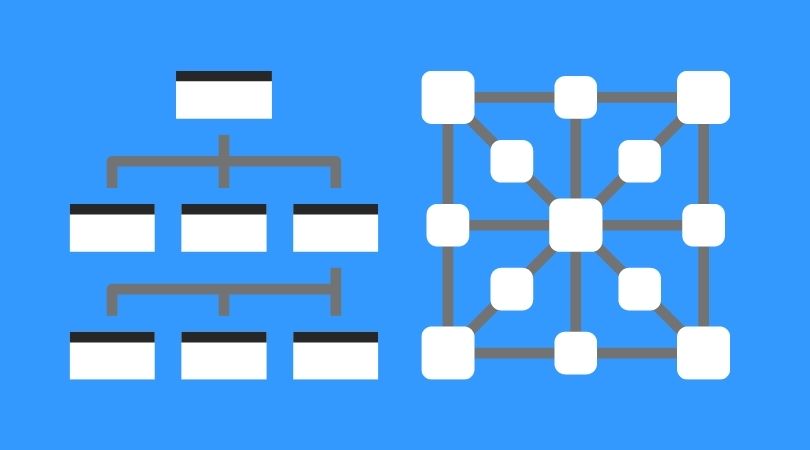
In their lives, most people get exactly one opportunity to do job interviews that is uncluttered by a million other commitments. Finding your first job out of college, it’s not a huge deal if you need to miss class one day. Professors understand. After all, you’re really in college to help you get a job anyway.
Once you have that job, though, things get more complicated. It’s not like your employer really wants you galavanting off to interview at other companies. And tech interviews are not exactly known for their brevity. Most companies require a full day of onsites.
So how do you get around this? Throwing up your hands and saying “I’ll stay here until I retire” is not really an option, particularly with employees changing jobs more frequently than every. Instead, here are the fundamentals to keep in mind when scheduling your interview.
Only miss work for a final-round interview
Interviews for tech jobs are often unique in the sense that they require an entire day's worth of interviewing. In some ways this is good. If you screw up one of your interviews, you have at least 3 others to prove yourself. You also get a much better sense for what the company is like. You have lunch with employees and can ask them questions. However, it guarantees you’re going to miss work.
Since you know you’ll have to miss work for an onsite interview, don’t miss work until that point. Once a company brings you onsite, you know that they are starting to invest in you and them interviewing you is not just a numbers game. Therefore it’s worth you taking the time if you’re excited about the company.
Before the onsite, you will likely be asked to do one or more phone interviews and there is no reason to miss work for these. Phone interviews usually take an hour or less, so plan to do them before work, during your lunch break, or after you leave the office.
By avoiding taking additional time off around your interviews, you’ll have added flexibility for when you do need to take a day off. You can also determine whether there is a mutual fit between you and the company before having to make any decision to take time off work.
Pick a slow time at work
This may sound obvious, but the week before your team is launching a major new product is not the time to take off for an interview at another company. Work as a software engineer tends to be fairly cyclical. Even if you’re just doing product maintenance, there will be more or less busy times.
If you are in the middle of a product launch, your presence will be missed. It’s not uncommon for there to be implicit or explicit vacation blackout dates around a product launch, so you’re not going to be able to take a day off to interview. If you are out of the office, people are going to get on your case about it.
Busy times at work can also be incredibly draining. Spending late nights coding and working long hours is not exactly a good way to prepare for your interview.
Although it may not always seem that way, interview dates are flexible. Particularly at larger companies where you’re not interviewing for a specific team, you’re totally allowed to delay your interview until a later date. Be sure not to delay indefinitely, but if you need to defer until after a product launch, just be honest with your recruiter and you shouldn’t have a problem working out a mutual arrangement.
When you have to miss work, keep it simple
When taking time off from work for job interviews, people often come up with all sorts of unnecessary excuses that just overcomplicate things. This can only come back to bite you. If you say your boyfriend is sick in the hospital and then he comes to the holiday party later in the week, it might raise some flags. If you call in saying you’re deathly ill and then show up the next day looking totally fine, it may seem suspicious.
With a little bit of planning ahead, this doesn’t have to be an issue. If you know you’re going to be interviewing, save a vacation day specifically for that. If you’re using a vacation day, you don’t have to justify it. When someone asks, you can just say you’re taking a personal day.
If you don’t have to take off a full day, you can simply justify your absence by saying that you have an appointment. You can be vague about it, since it’s not really anyone’s business, and as long as you follow company policies, you should be fine. Just be sure you don’t have 4 “dentist appointments” in 2 weeks, or people will be suspicious.
Be sure you don’t have 4 “dentist appointments” in 2 weeks, or people will be suspicious. Click To Tweet
Interviewing while working full time is definitely more of a challenge than interviewing when you don’t have a job. However, you shouldn’t let that discourage you from doing it. As long as you do a little bit of planning and save up a few vacation days, you won’t run into any trouble.



